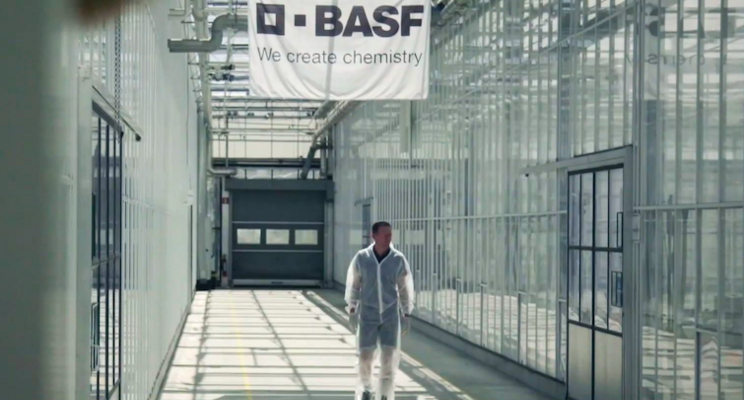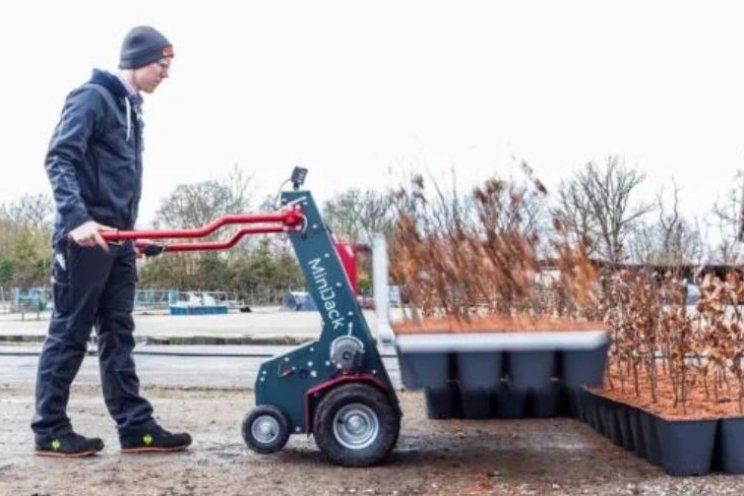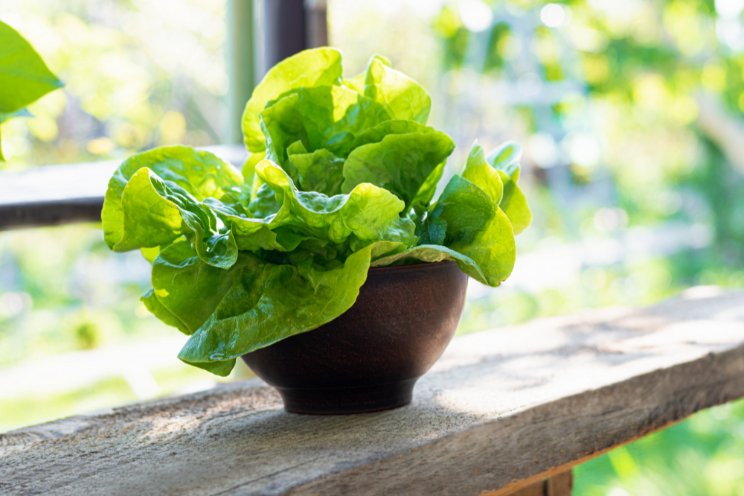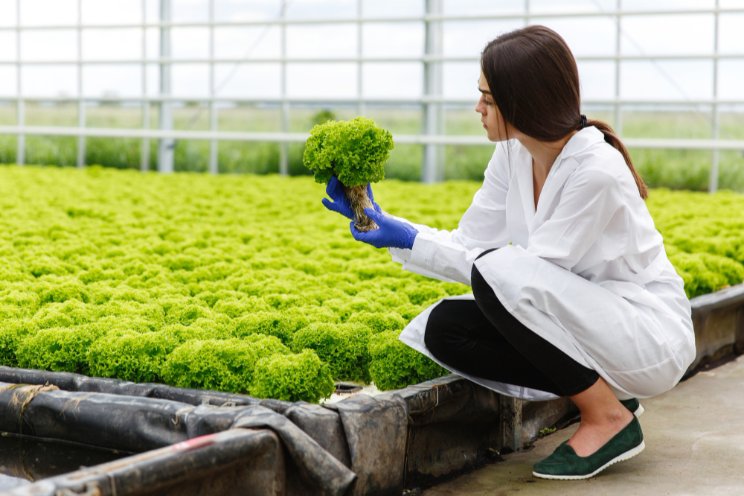Agri innovations will benefit food security, climate and environment
Added on 22 April 2022

Within these major crops, BASF continues to innovate across its pipeline of seeds and traits, seed treatment, biological and chemical crop protection, as well as digital farming solutions and will launch major pipeline projects across all business areas over the next decade. The value of the innovation pipeline is strong, with an estimated peak sales potential of more than €7.5 billion. The importance of BASF's products and solutions to society is growing, as the company systematically incorporates sustainability criteria into its agricultural research. In 2021, it spent about €900 million in R&D in the Agricultural Solutions segment, representing around 11% of the segment's sales. In 2022, BASF will continue to invest in research and development of agricultural innovations at a high level.
While focusing on selected crop systems in key regions, the company tailors its products, technologies and services to help farmers grow their crops optimally even in challenging environmental conditions. "Innovation in agriculture is essential to enable sustainable food production. We need to find the right balance for better yield - yield produced in ways that meet the demands of future generations, has minimal impact on the environment and helps farmers make a living," said Dr. Livio Tedeschi, President of BASF Agricultural Solutions. "Our innovations enable both more productive and more sustainable farming - key levers identified by the United Nations and incorporated in their Sustainable Development Goals. At BASF Agricultural Solutions, we made this a priority and committed to clear and measurable targets to boost sustainable agriculture by 2030."
"Over the past decade, we have developed a broad portfolio that leverages all technologies needed for a more sustainable future of agriculture," said Dr. Peter Eckes, President R&D and Regulatory of BASF Agricultural Solutions. "As a trusted and reliable innovation partner, our research for agricultural solutions reflects a long-term strategy that gives farmers stability in a changing world and allows them to increase yield and reduce the impact of farming on natural resources."
Preserving biodiversity by combining Ideltis™ hybrid wheat, crop protection and digital tools in Europe
To meet the needs of a growing global population, wheat farmers need to increase their yield by 1.7% annually for the next 20 years. BASF contributes to this by researching combinations of its offering that optimize agricultural outcomes and sustainability. Ideltis hybrid wheat will be launched in the second half of the decade. It will be supported by xarvio® Digital Farming Solutions for optimized seeding recommendations through zone-specific field data analysis and precise application of sustainable crop protection innovations, like Revysol® fungicide, Axalion™ insecticide and Luximo® herbicide. Revysol increases yield resulting in 4% less land needed. Innovations in Revysol formulation also enable farmers to reduce the amount of fungicide applied, further lowering the CO2 output.
Continue reading.
Photo Courtesy of BASF
Source: Ag News
More news















